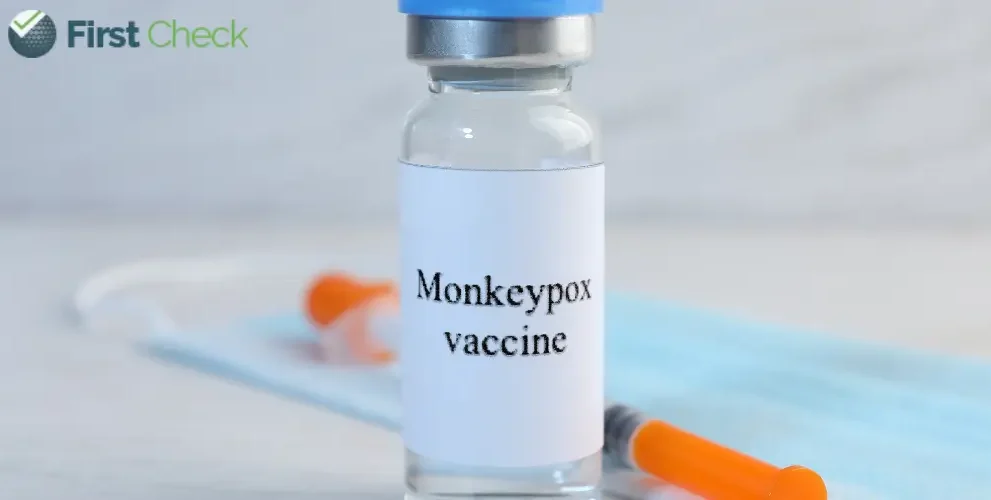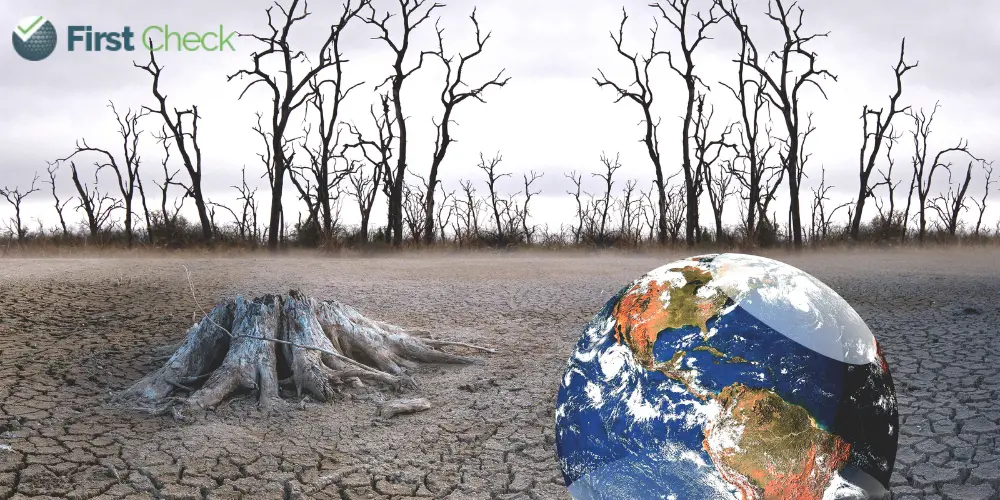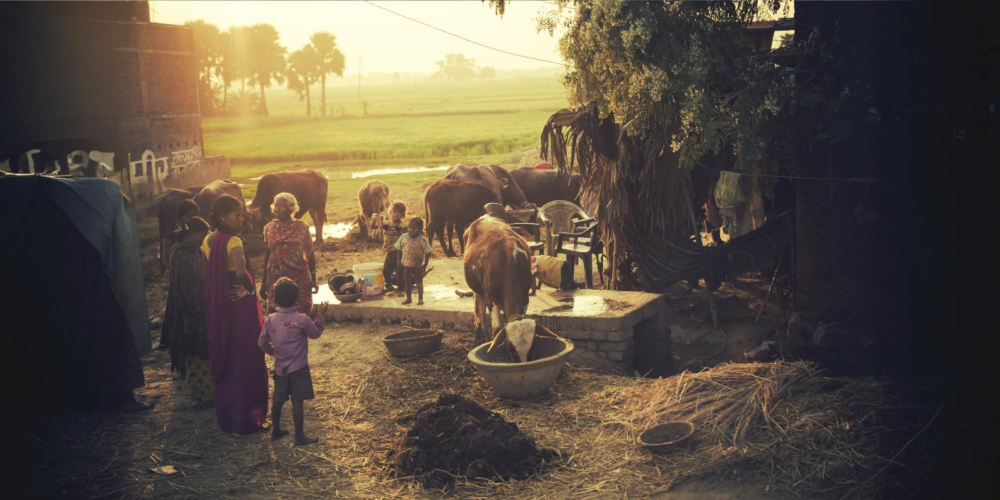WHO pledges 3.6 million vaccines for mpox, Japan tops contributions
Author
Author
- admin / 1 year

- 0
- 2 min read

Author
The WHO declared mpox a public health emergency of international concern (PHEIC) on August 14, 2024, following an upsurge of the infection in the Democratic Republic of the Congo and neighbouring countries
The World Health Organization has announced a global pledge of over 3.6 million vaccine doses to combat mpox in the affected countries, with Japan leading in contributions.
This includes 620 000 doses of the MVA-BN vaccine committed by the European Commission, Austria, Belgium, Croatia, Cyprus, France, Germany, Luxembourg, Malta, Poland, Spain, and the United States of America, as well as vaccine manufacturer Bavarian Nordic.
“Japan has pledged 3 million doses of the LC16 vaccine, the largest number of doses pledged so far, “ WHO said.
The WHO and partners have established an access and allocation mechanism (AAM) for mpox medical countermeasures including vaccines, treatments and diagnostic tests. The AAM will increase access to these tools for people at highest risk and ensure that the limited supplies are used effectively and equitably.
The WHO declared mpox a public health emergency of international concern (PHEIC) on August 14, 2024, following an upsurge of the infection in the Democratic Republic of the Congo and neighbouring countries. Fifteen countries in Africa have reported mpox this year.
“Alongside other public health interventions, vaccines, therapeutics and diagnostics are powerful tools for bringing the mpox outbreaks in Africa under control,” WHO Director-General Dr Tedros Adhanom Ghebreyesus said. “The COVID-19 pandemic illustrated the need for international coordination to promote equitable access to these tools so they can be used most effectively where they are most needed. We urge countries with supplies of vaccines and other products to come forward with donations, to prevent infections, stop transmission and save lives.”
Also read: FACT CHECK: False claims linking mpox to COVID-19 gain traction









